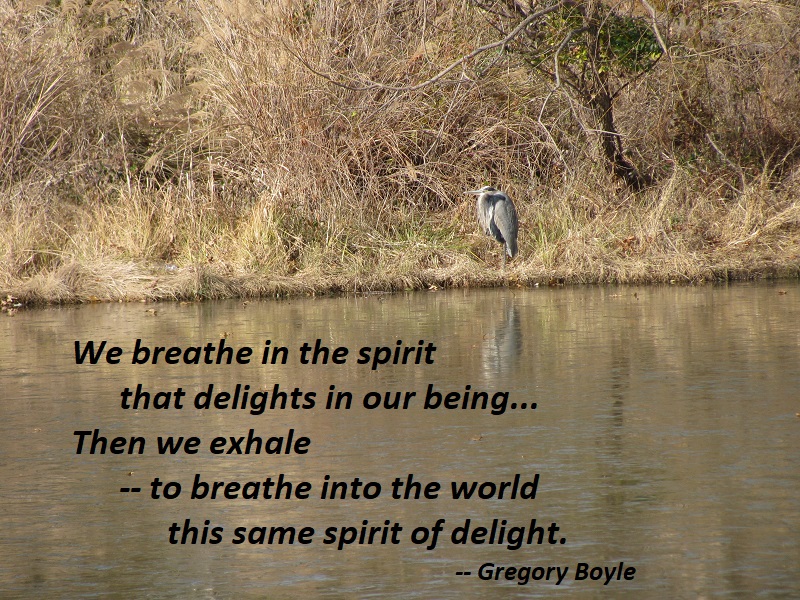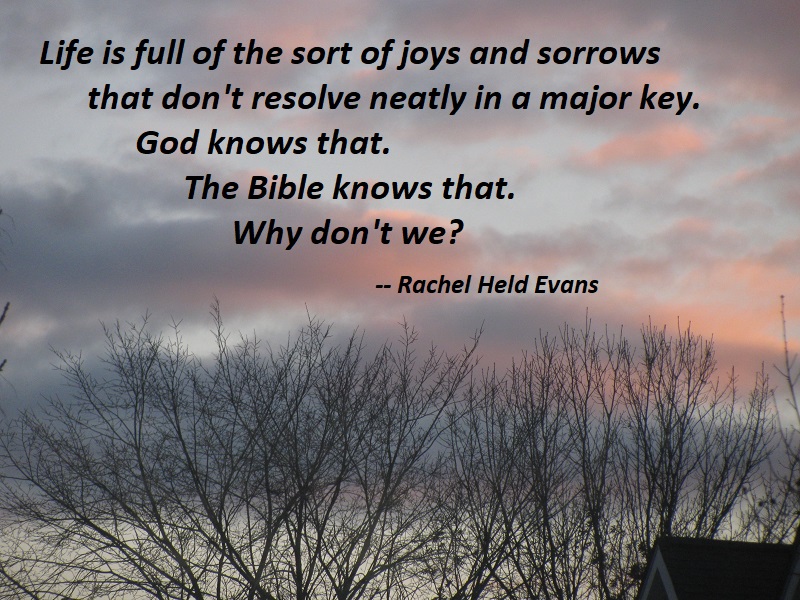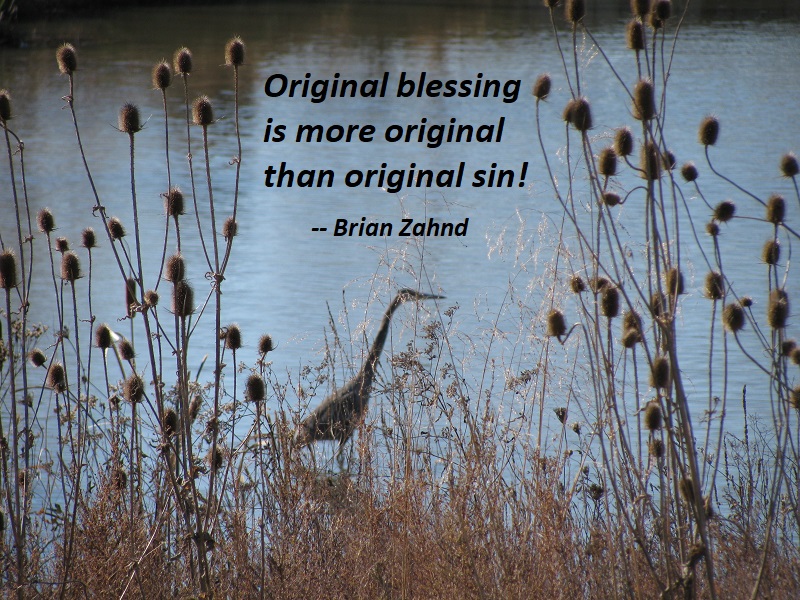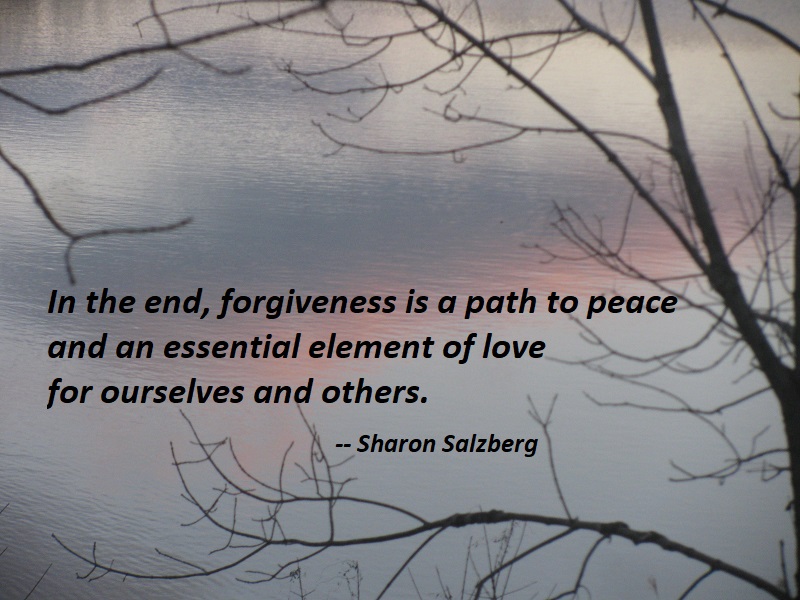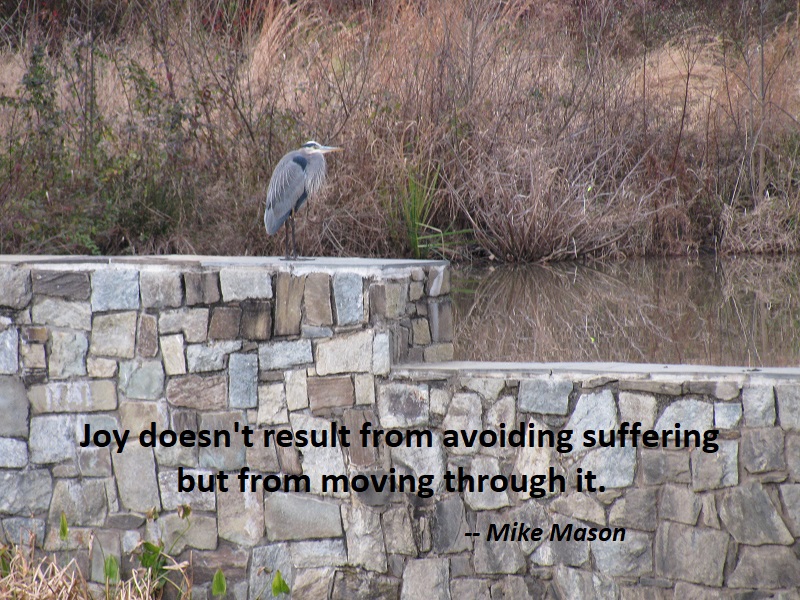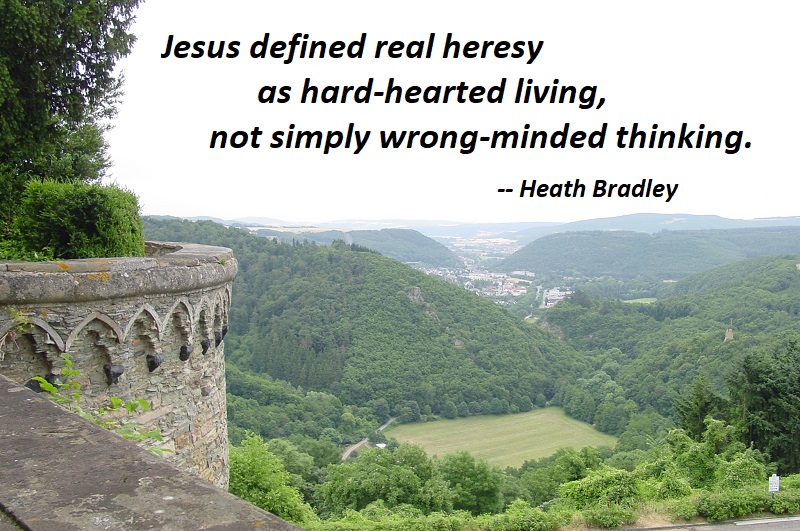
Jesus once told a story about three people who encountered a beaten and battered man on the side of the road (Luke 10:29-37). The first two had all the right religious beliefs, and indeed were official representatives of their biblical religion. The third man was a heretic, from the perspective of the first two men. The first two men passed by without helping. The third man went out of his way to help the stranger, and this is the man Jesus held up as the model for what God asks of us. It’s a haunting and powerful story that challenges the way in which we want to make being right with God about something as easy as believing the right creed or engaging in the right religious ritual, rather than accepting the challenge of letting divine compassion fill our hearts until they overflow with action. Jesus defined real heresy as hard-hearted living, not simply wrong-minded thinking.
Inclusivism strikes me as the theological option that is most open to making room for this central insight of Jesus. On this view, what matters most is actually walking the Way of Jesus; the Way of unlimited forgiveness, unbounded compassion, restorative justice, and nonjudgmental truth-telling. People from a variety of religious perspectives, or no particular religious perspective at all, can walk on this Way of life that Jesus incarnated. We can be assured that when we walk this Way, it will lead us directly into the heart of God (whether that is our goal or not). Perhaps, with this in mind, John 14:6 isn’t a harsh threat at all. What if Jesus meant it as an assuring promise? When we follow “the Way, the Truth, and the Life” that he fully embodied, we can be assured that we are walking the path to God.
— Heath Bradley, Flames of Love, p. 130
Photo: Schloss Dhaun, Germany, July 2002
